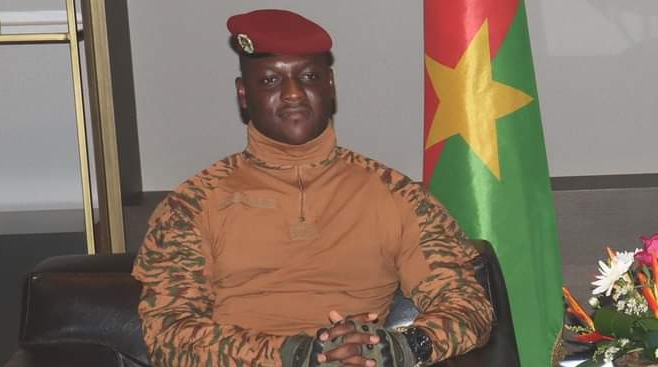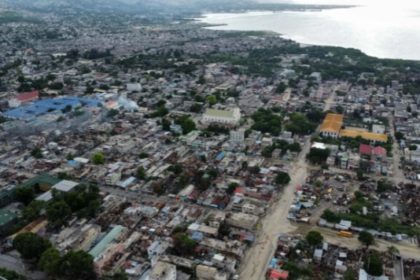By Adeyemi Adekunle
With a strategy towards transforming Burkina Faso’s energy landscape, a delegation from Russia’s nuclear giant Rosatom arrived in Ouagadougou on Tuesday, commencing a four-day visit to discuss the construction of a nuclear power plant. This initiative aims to significantly boost electrification in the West African nation, where access to reliable power remains a pressing challenge.
The visit underscores the deepening ties between Russia and Burkina Faso, following the military coup led by Captain Ibrahim Traoré in September 2022. In October last year, the two nations inked an agreement to embark on this ambitious nuclear project, reflecting their mutual commitment to addressing Burkina Faso’s energy deficit.
Burkinabe Minister of Energy Yacouba Zabré Gouba highlighted the importance of the Rosatom delegation’s visit, stating, “The Rosatom delegation came to discuss technical aspects to lay down all necessary prerequisites to implement and begin construction of this plant. We are pinning much hope on this visit which will allow us to get to grips with energy realities.”
The delegation’s agenda includes extensive discussions on the technical requirements and logistical planning essential for the project’s successful execution. Rosatom’s chief engineer, Alexander Renev, expressed optimism about the collaboration, emphasizing, “We will do everything possible to carry out the installation of the nuclear power plant as quickly as possible.”
However, the project’s location remains a topic of strategic consideration due to ongoing security concerns in Burkina Faso, a country grappling with persistent jihadist violence. Renev assured that the site selection would prioritize safety, aiming to mitigate potential threats while ensuring the plant’s operational integrity.
The need for a robust energy solution in Burkina Faso is stark. According to the African Development Bank, by the end of 2020, only 22.5 percent of the population had access to electricity, with urban areas faring significantly better (67 percent) compared to rural regions (5.3 percent).
The current reliance on electricity imports from neighboring Ivory Coast and Ghana, coupled with local production primarily from hydroelectric and solar sources, has proven insufficient to meet the nation’s growing energy demands.
Minister Gouba articulated the government’s vision, stating, “We want to solve once and for all and on a long-term basis the energy deficit that Burkina Faso is experiencing through the nuclear solution.” This project, if realized, promises to be a game-changer, potentially elevating the quality of life for millions and fostering economic development.
Rosatom’s involvement in Burkina Faso is set against a broader context of nuclear energy in Africa, where only one nuclear power plant currently exists—at Koeberg near Cape Town in South Africa. The success of this initiative could pave the way for similar projects across the continent, demonstrating the viability of nuclear energy as a sustainable and reliable power source.
As the discussions progress, the people of Burkina Faso watch with hopeful anticipation, seeing in this project a beacon of progress and a promise of a brighter, electrified future.
The outcome of this week’s deliberations could mark the beginning of a transformative journey for Burkina Faso’s energy sector, potentially ushering in an era of unprecedented development and stability in the Conflict turned country.




